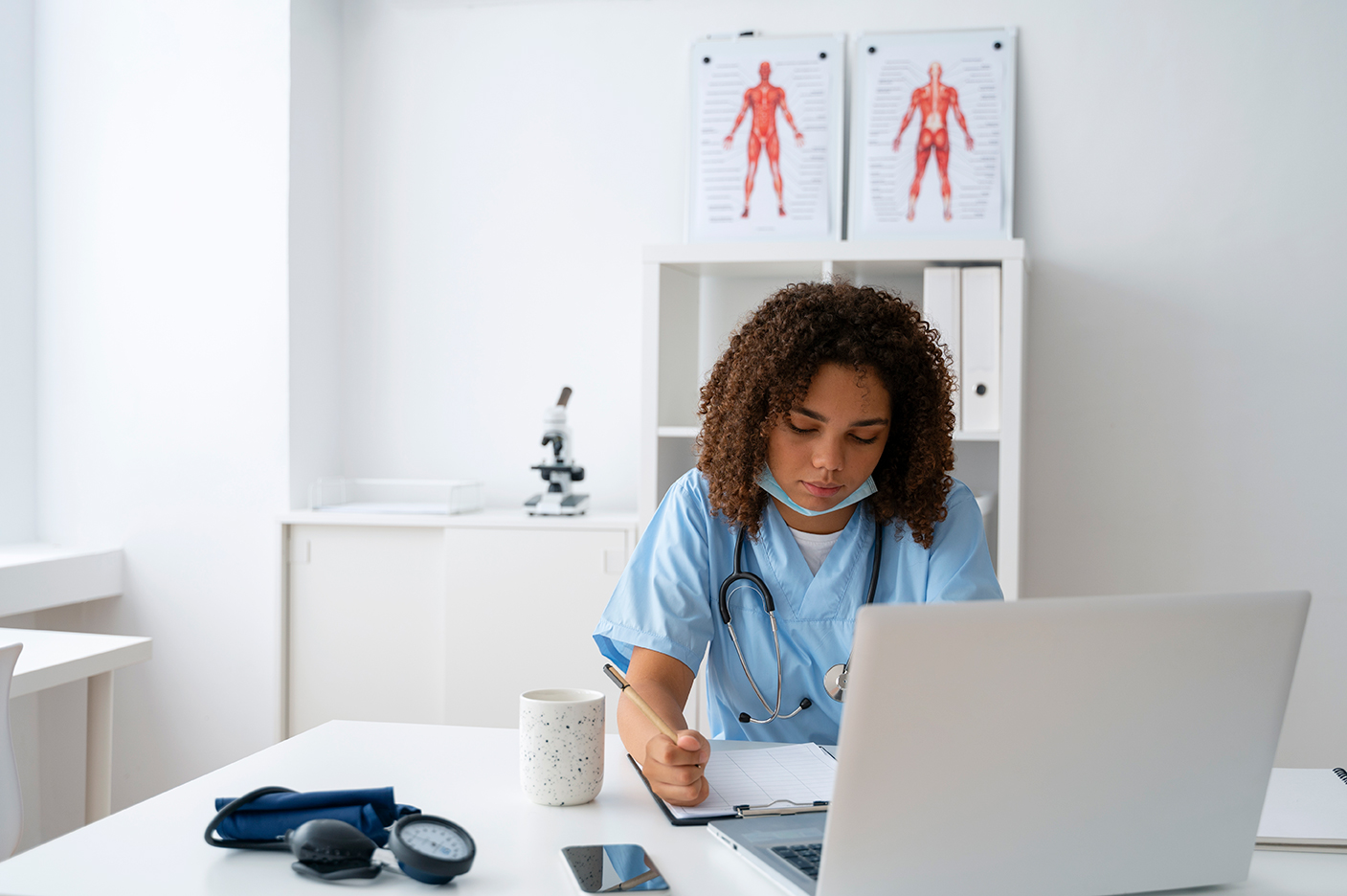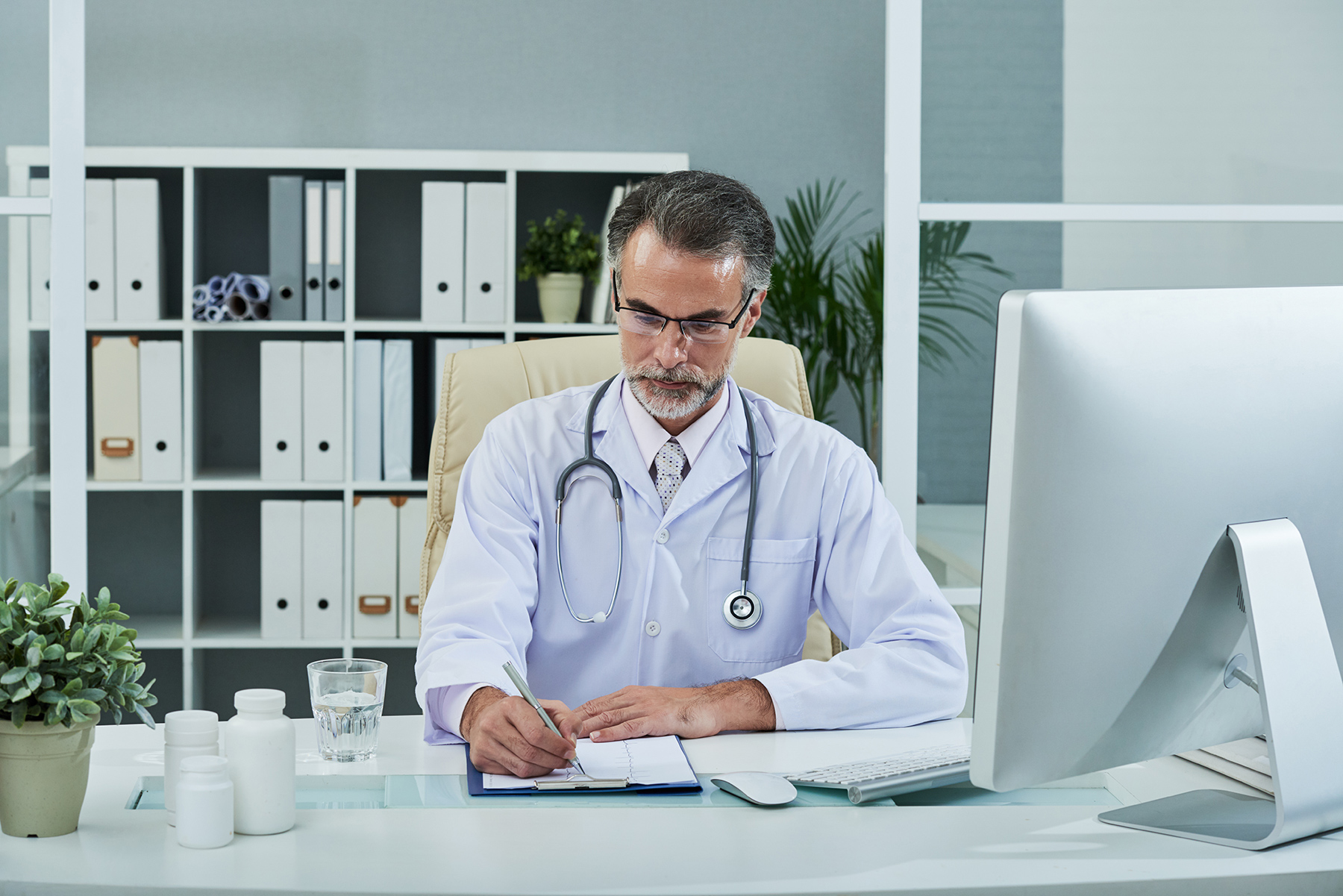

Monday, June 24 2024 — Articles of Interest
2024 Guide to Tax Deductions for Doctors | Australia
Written by FSD TeamDeductions You Can Claim in Your Next Tax Return
One way for doctors to demystify the process of lodging their tax returns is to gain a better understanding of the deductions you can claim, as well as the ones you can’t. This article will provide a summary of things to claim at tax time, as well as considerations to bear in mind when submitting your next tax return.
Self-Education
Due to Continuing Professional Development (CPD) requirements, medical professionals are often required to spend a large amount of their own money on self-education expenses every year. If this self-education relates directly to your work and how you produce your income, you can claim the cost as a deduction.
Examples of these deductible expenses include relevant:
- Course and exam fees
- Textbooks and subscriptions to professional library resources
- Seminar and conference fees
Other costs incurred while completing the self-education activity, such as travel or accommodation expenses for attending a conference, may also be deductible.
Self-education expenses that do not have a specific connection to your current employment or that only relate to employment you hope to secure in the future cannot be claimed as a deduction.
Insurance
Any professional indemnity insurance expenses incurred in relation to your work activities are tax deductible.
You may also be wondering ‘Can I claim income protection on my tax return?’. The answer is maybe – other insurance expenses related to your work, such as income protection insurance, may be tax deductible but it’s always best to talk to a qualified medical tax accountant.
Uniforms and Protective Clothing
Expenses related to the purchase, hiring, cleaning or repair of uniforms, protective clothing, or specific garments that you’re required to wear for your job can be claimed as a deduction. Examples include specialised theatre footwear, medical scrubs and lab coats.
You cannot claim a tax deduction for normal business clothing, such as collared shirts or blouses, even if they are outlined in your organisation’s dress code.
Travel
Generally, you cannot deduct expenses for travel to and from work – this is considered a private expense.
However, you may claim deductions for business-related travel expenses, such as:
- Travelling between different workplaces (e.g. between two hospitals or medical practices)
- Travelling from home to a workplace other than your regular place of work (e.g. for irregular locum work at another clinic)
- Travelling from home to your normal workplace in a situation where you are being paid to be on call and need to attend to an emergency.
To calculate your deduction, you can either maintain a logbook where you record all relevant work-related travel expenses, or you can simply claim a deduction of 85 cents for each km travelled, up to a maximum of 5,000km.
You can also claim deductions for travel, accommodation, and meal expenses related to other income-generating activities, such as travelling to remote working locations, presenting at professional conferences, or attending seminars for self-education. If the travel involves both professional and private activities, you must apportion the professional component and only claim a deduction for this amount.
Equipment, Tools and Data
If you have purchased tools or equipment that you use for work-related purposes, you can claim the expense as a deduction. For doctors, this may include the purchase of medical equipment, office stationary and electronic devices. For example, you can claim a mobile phone purchase tax deduction if you use the device in the course of your work. Purchases of under $300 can be claimed immediately, but more expensive items will need to be depreciated over the course of their useful life.
If you have expenses that relate to maintaining a home office, you also have the option to claim a fixed 67 cents per hour for each hour that you’ve worked from home. If you choose to claim on this basis, you cannot claim for the specific expenses as well.
Carrying on a Business
Doctors carrying on a business, such as a private medical practice, can claim the full cost of any equipment purchased for that business in the year that it was purchased. If you’ve taken out any loans for business-related purposes, the interest expense incurred on the loan can also be claimed as a tax deduction.
Other Deductions
There are a number of other tax deductions you can claim in your next tax return. Expenses related to the management of your tax affairs can be claimed as a deduction, as well as eligible donations of over $2. You can also claim a tax refund for union fees.
Another consideration is the use of tax deductible debt to drive wealth creation. This can be a great way to reduce your tax liability while also growing your investment portfolio.
Final Thoughts
This financial year, consider partnering with a qualified tax accountant who understands the medical field and can help you identify all relevant deductions. Book a consultation with Smith Coffey today and start getting more out of your tax return.


How to protect and grow your wealth at every stage of your medical career
— by FSD Team learn more
Life and income protection insurance for doctors and dentists
— by FSD Team learn more
A Guide to Home Loans for Medical Professionals
— by FSD Team learn more
The Changing World Of Financial Services Can Be Overwhelming...
We will provide a bespoke financial plan to help you achieve your goals.
Smith Coffey specialising in the needs of medical & dental professionals 360 degrees of finance.

